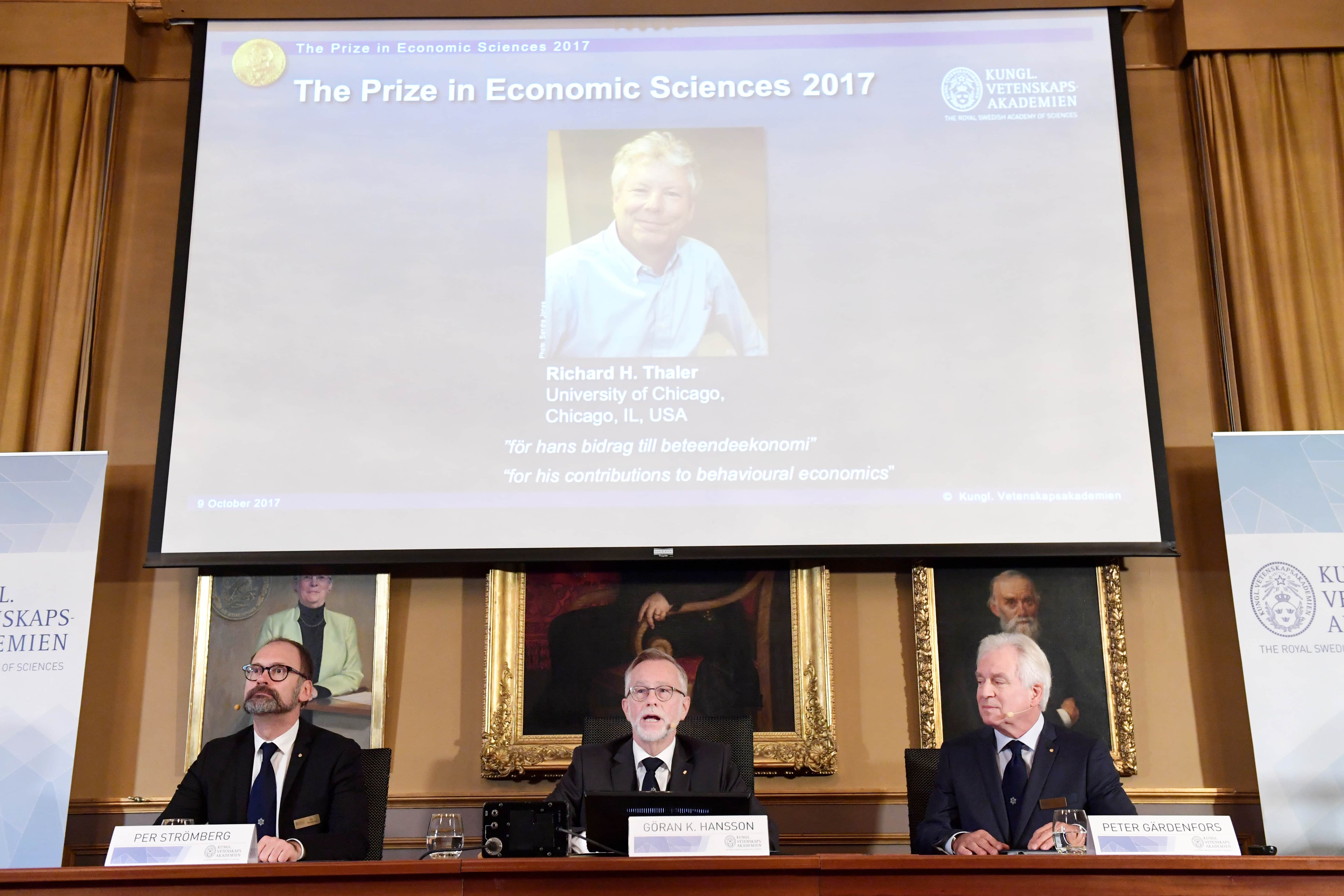Stefan Mark Boitcheff, a trader living in South Australia, has pleaded guilty to market manipulation by the trading of contracts for difference (CFDs) using the direct market access that he had been given.
[gptAdvertisement]
This came to light during an ASIC investigation. The authority has charged him under sections 1041A(c) and 1041B(1)(a) of the Corporations Act, charges that carry a maximum penalty of 10 years imprisonment, or a fine of $765,000, or both.
Under normal circumstances, CFDs are passed through a market maker who then decides whether to hedge them at the Exchange through direct buying/selling of the shares, or through options, or to pass them to the dealer.
This means that the risk is borne by the market maker and also that this type of CFD has only an indirect effect on the prices at the exchange, as they may never make it to the exchange at all.
Direct Market Access CFDs
On the other hand, direct market access CFDs are those that are executed at the exchange as a form of direct hedge, and hence buys on such CFDs mean that the shares are bought at the exchange, and vice versa for a sell.
This means that the market maker is not involved in the process, resulting in the prices being affected at the exchange due to these orders being executed there. This opens up the possibility of price manipulation.
On these lines, Stefan has been charged with the following:
1) Between 3 January 2013 and 28 October 2013, carrying out 117 CFDs transactions relating to Anteo Diagnostics Limited (ADO) shares which had the effect of creating an artificial price for trading in ADO shares on the ASX; and
2) Between 8 May 2013 and 7 January 2014, carrying out 4 CFDs transactions related to ADO and shares of ADO, that had the effect of creating a false or misleading appearance of active trading in ADO shares on the ASX.
Both of the above are construed as misuse of the DMA CFD given to the trader, having an immediate impact on the exchange prices of the underlying instrument.

















